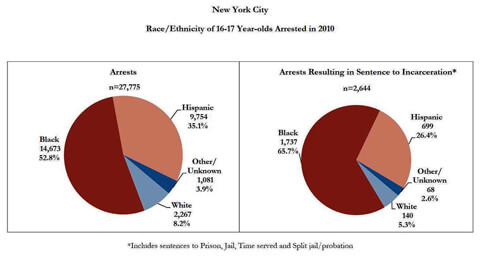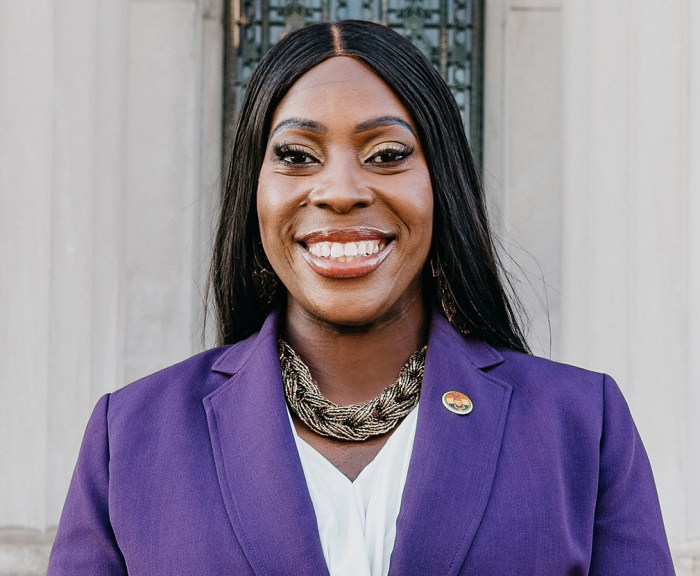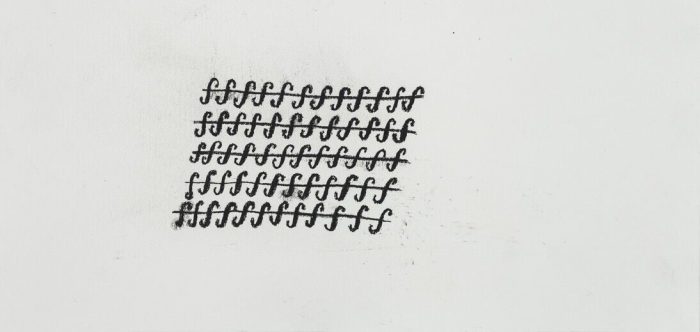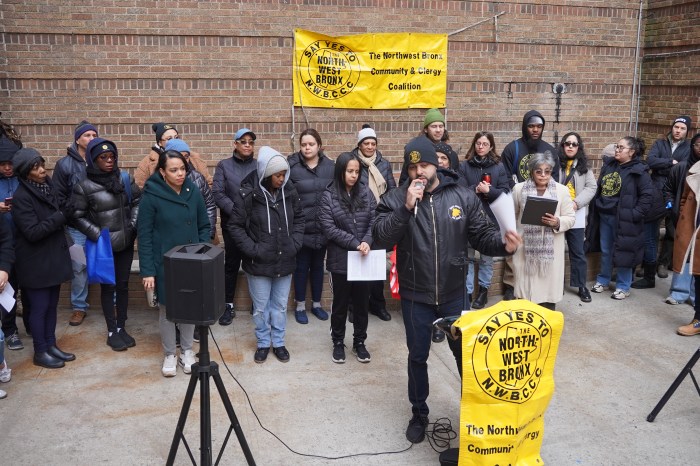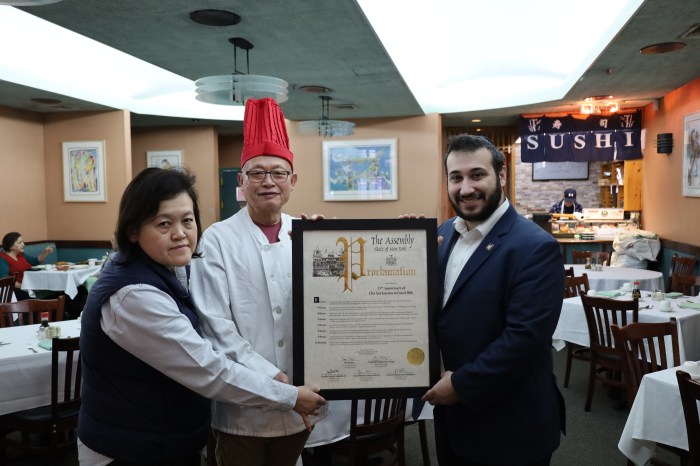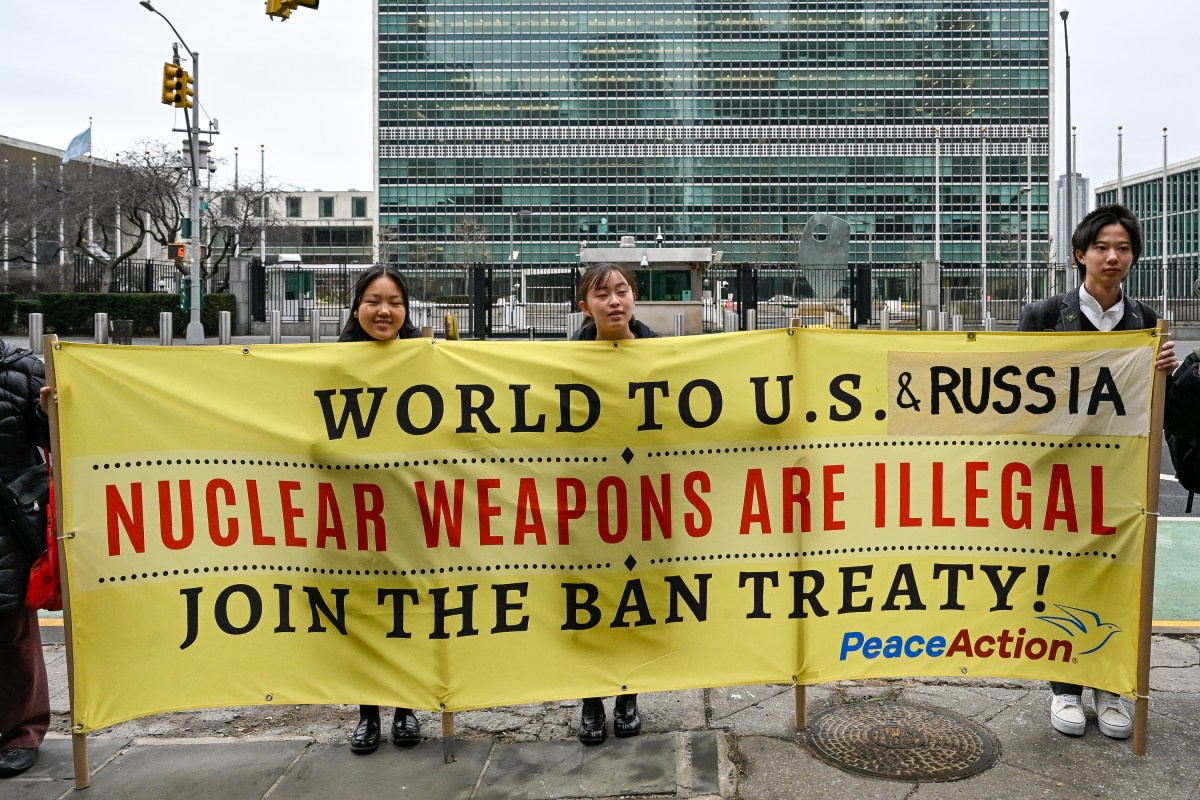It is dismaying that, in the 21st century, New York still treats 16- and 17-year-olds as adults before the law. For certain serious crimes, our state actually prosecutes children as young as 13 as adults.
Does anyone really believe that a 13-year-old is an adult, no matter how serious the crime he or she has committed?
The impact of this shortsighted thinking is felt most strongly in communities of color. According to the state Division of Criminal Justice Services (DCJS), in 2010 more than 92 percent of the 16- and 17-year-olds prosecuted and sentenced to incarceration in New York City were either black or Latino.
The Correctional Association of New York reports that teenagers this young who are sent to adult prisons are 36 times more likely to commit suicide, 50 percent more likely to be attacked while incarcerated, and often kept in solitary confinement 23 hours a day.
This wrongheaded approach to juvenile justice can also be found in the City’s public-school system. A report prepared by my office, The Suspension Spike: Changing the Discipline Culture in NYC’s Middle Schools (comptroller.nyc.gov/press/2013_releases/pr13-07-122.shtm), shows that students can be arrested by School Safety Agents for actions that may violate the school Discipline Code, but are not criminal in nature. This can lead to early involvement with the juvenile-justice system, setting students on a path to future incarceration, in what has become known as the “school-to-prison pipeline.”
In other areas, state law recognizes what every parent already knows: a 16- or 17-year-old is not a mature adult. A 16-year-old gets a restricted drivers license. The legal age to purchase alcohol is 21.
The highly questionable practice of prosecuting teenagers 13- to 17-years-old as adults does not make the state or the City safer. Eighty-nine percent of the boys imprisoned as teens are re-arrested by age 28, and so are 81 percent of the girls. Rather than rehabilitating, we are starting young people on a road of crime, re-arrest, and incarceration.
There are better options for dealing with young people who get arrested; 48 other states have embraced those methods. I urge the City’s five district attorneys to support the ongoing efforts to change this law.
John C. Liu is the New York City Comptroller.


